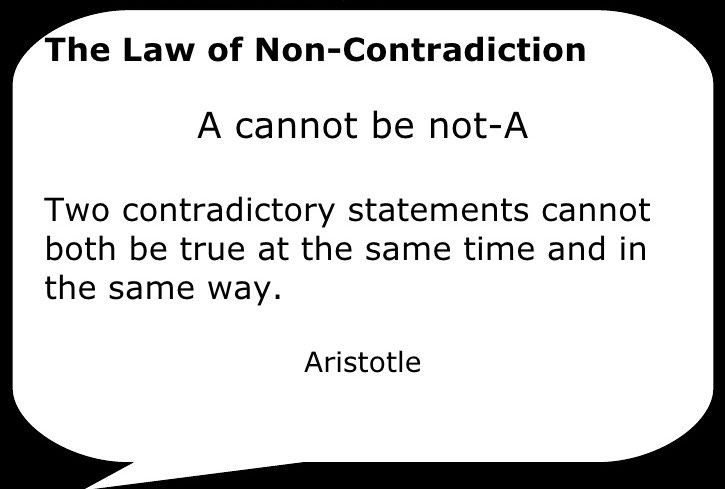This question is easy to answer: No. Because it's incoherent.
It is incoherent because if the statement is true, then it itself would be relative. If relative, one may disregard the statement as untrue. But if the statement is false, the more reason one must disregard it as useless.
A similar statement, popular nowadays, is: everyone has their truth. Is it categorically true? The only way the statement would be true if anyone would hold to the same truth. Yet, popularizers of this slogan use it to prove the opposite: that all such personal truths maybe different but are also true. Somehow true, even if contradictory.
If one truth claim contradicts another, one of the claims must be untrue, i.e. false. This is a consequence of the Principle of Non-Contradiction:
The Law of Non-Contradiction is a straightforward but powerful idea in logic. Imagine you have a piece of chocolate. The Law of Non-Contradiction says that the chocolate cannot be both in your hand and not in your hand at the exact same moment, when you’re considering the same situation. This is a simple definition that points out that things can’t both be and not be at the same time and in the same way. (Source)
Now you know what to tell anyone who comes at you saying all truth is relative or but that's your truth. We're entitled to our own opinions, but not to our own facts.
A categorical statement s either true or not, not a matter of opinion. Other examples:
Trump won the 2020 elections. (No he didn't).
There was widespread fraud inn the 2020 elections leading to the election of Joe Biden. (No, there wasn't).
The Earth is flat, or convex. (Uh, no).
Moon landings are mythical. (Nope).
Catholics are pagans. (No, we are not).
The Jewish Holocaust during World War II is a lie. (Nope).
The party making the affirmation of fact is responsible to prove it. Always ask for evidence.
See also:




